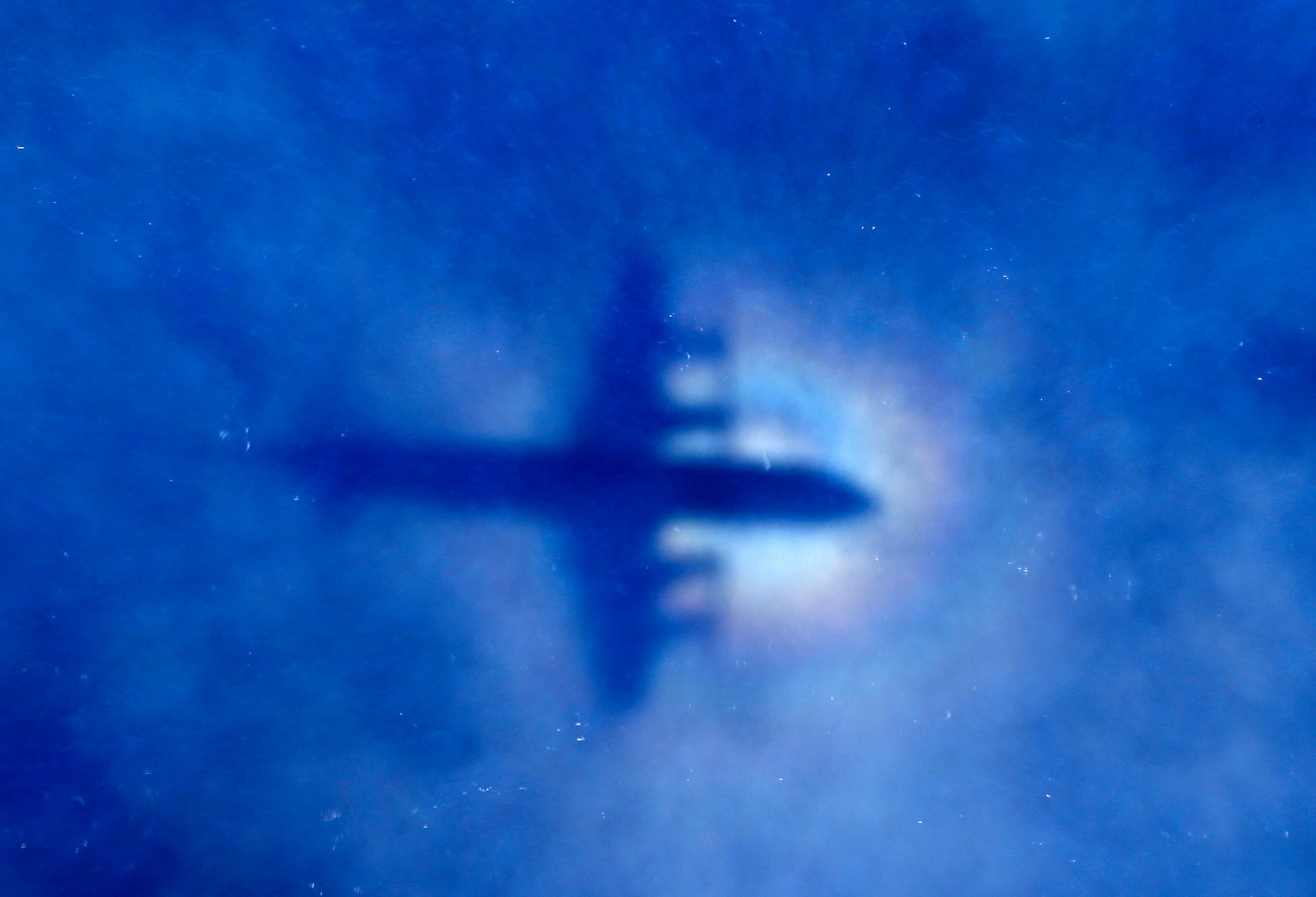
The revelation that a beacon battery, which could have served as an underwater locator for tracking missing Malaysia Airlines Flight 370, had long expired may heavily influence any potential compensation claim, according to lawyers representing passengers’ families.
A report Sunday on the fate of the Boeing 777-200, which vanished en route from Kuala Lumpur for Beijing March 8 last year, revealed the beacon battery, designed to emit pulses in the event of a crash at sea, had expired in December 2012 and was not replaced, Reuters reports.
Kreindler & Kreindler LP, a U.S. law firm representing nearly 20 families against the beleaguered carrier, believes that the expired battery could prove “potentially very significant” in compensation negotiations with relatives of the 227 passengers and 12 crew.
The report, published by Malaysia’s Department of Civil Aviation to mark the one-year anniversary of the tragedy, suggests that the engineering department of Malaysia Airlines could be held responsible for failing to correctly update a computer system.
In an email to Reuters, Kreindler & Kreindler LP’s aviation attorney Justin Green said, “This airline … even more clearly now may be responsible for the unsuccessful search for this plane.”
[Reuters]
More Must-Reads from TIME
- Donald Trump Is TIME's 2024 Person of the Year
- Why We Chose Trump as Person of the Year
- Is Intermittent Fasting Good or Bad for You?
- The 100 Must-Read Books of 2024
- The 20 Best Christmas TV Episodes
- Column: If Optimism Feels Ridiculous Now, Try Hope
- The Future of Climate Action Is Trade Policy
- Merle Bombardieri Is Helping People Make the Baby Decision
Contact us at letters@time.com